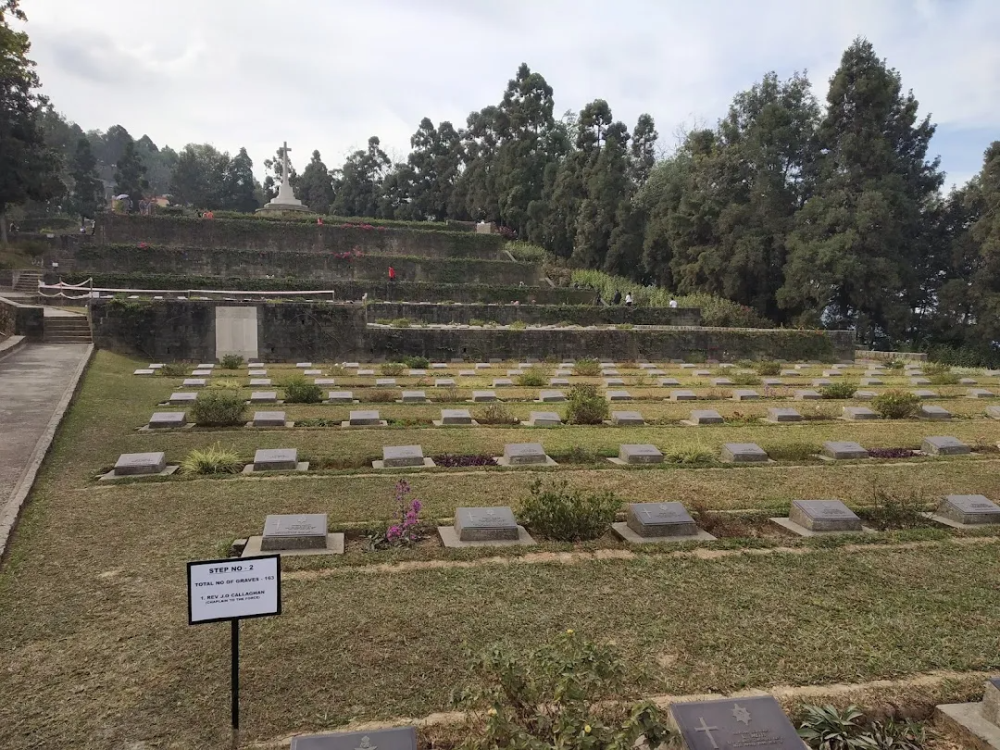

Khonoma village, located in Nagaland, India, is renowned for its rich history, culture, and conservation efforts. Tourism in Khonoma has steadily grown as travelers seek unique experiences that blend history, nature, and indigenous culture.
The history of Khonoma is deeply interwoven with the spirit of the indigenous Angami Naga tribe's resistance against British colonial forces in the 19th century. The village is lauded for the valour displayed during the Anglo-Naga wars, particularly the one in 1879, which is commemorated by the Khonoma War Memorial. The memorial is dedicated to the warriors who defended their land and is a site of great pride for the Naga people.
Tourism in Khonoma started gaining momentum with the recognition of the village's efforts in environmental conservation and sustainable practices. Khonoma was declared as India’s first green village, setting a precedent in eco-tourism and community-led conservation. Visitors from far and wide began to flock to the village to witness its green terraced fields, learn about its unique form of agriculture which includes paddy cum fish cultivation, and explore the rich biodiversity of the region.
For those interested in the historical aspects of Khonoma, the War Memorial is a must-visit. Located in the heart of the village, the stone memorial encapsulates the history of the resistance led by the Naga warriors. The importance of the memorial goes beyond mere tourism; it serves as a reminder of the region's resilience and the importance of preserving its history and heritage.
With the rise of responsible tourism, visitors to Khonoma are increasingly engaging in activities that support the local economy and environment. Homestays have become popular, providing an immersive cultural experience. Tourists can partake in the local way of life, enjoy traditional Naga cuisine, and interact with the villagers, all of which contribute to a sustainable tourism model.
Khonoma's approach to tourism is reflective of its commitment to sustainability. The village's conservation and sustainable practices have made it a model of eco-tourism. Tourists are encouraged to respect the environment, with strict guidelines in place to ensure the protection of its diverse flora and fauna. Activities such as guided nature walks, bird watching, and cultural tours are curated to educate visitors about the ecological importance of the region.
The Khonoma War Memorial is not just a testament to the village's historical bravery; it's also a part of a broader narrative that includes environmental conservation, cultural integrity, and sustainable tourism. As travelers around the world increasingly seek out destinations that offer both a connection to history and a commitment to the environment, Khonoma stands as a beacon of both, promising an enriching and conscious travel experience.
Khonoma is accessible from the capital city of Kohima, which is around 20 kilometers away. Visitors can hire taxis or avail of local transport services to reach the village. The nearest airport is in Dimapur, from where one can travel to Kohima and subsequently to Khonoma village.